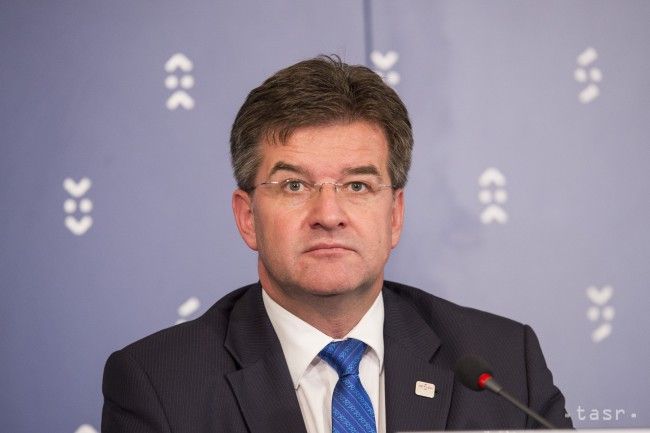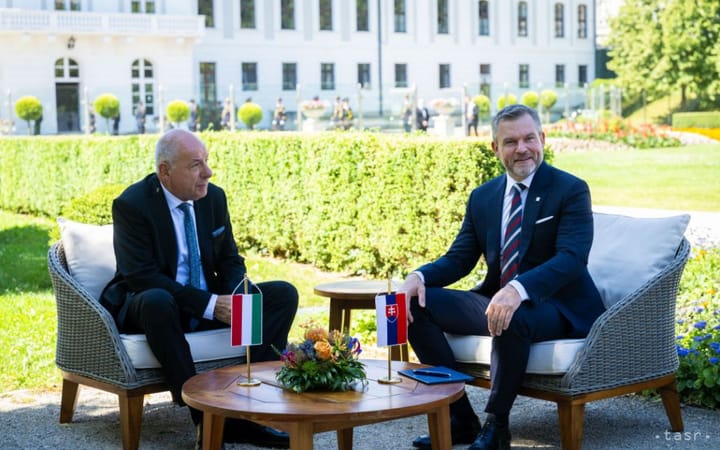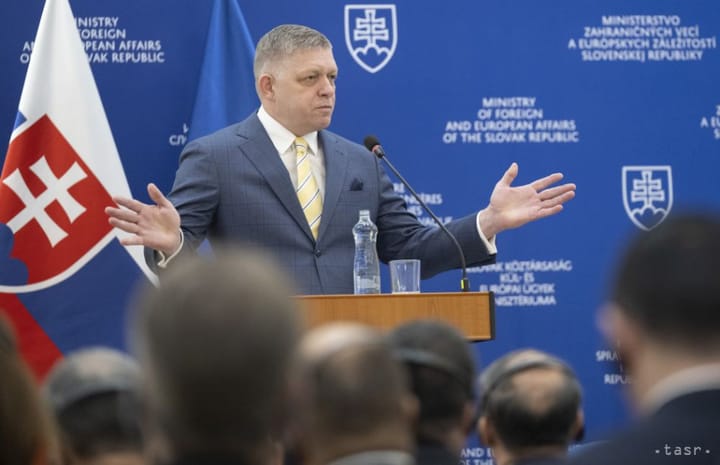Lajcak: No Danger for Us, But NATO's Eastern Flank Needs to Be Boosted

Bucharest, November 8 (TASR – correspondent) – Conclusions approved at the NATO Summit in Warsaw in July of this year have been met satisfactorily, concurred chiefs of diplomacy from central and eastern European countries at their working meeting in Bucharest on Tuesday.
The meeting of ministers from Bulgaria, the Czech Republic, Estonia, Hungary, Latvia, Lithuania, Poland, Romania and Slovakia was a follow up to a meeting of presidents convened in November 2015. The ministers mainly discussed security issues relevant to a region stretching from the Baltic Sea to the Black Sea.
“Combat formations of approximately 1,000 men will be deployed to the Baltic region and Poland, made up of soldiers from four countries [from the Visegrad Four group – the Czech Republic, Hungary, Poland and Slovakia], and coordinated by one of the Allied countries in each group. I’d like to underline that the Slovak position is that we’re located further away from the risk areas, we don’t feel in danger security-wise, but we support the reinforcing of the Alliance’s eastern flank,” said Foreign and European Affairs Minister Miroslav Lajcak.
The minister pointed out that Slovakia is contributing to this by sending 150 soldiers to Latvia for three months in 2Q17. “To make this clear: Slovakia is a participant. The troops are not going in to carry out military tasks, but for exercises,” he said, adding that this presents a good opportunity to acquire experience, which will be later analysed and used to pass further decisions.
The foreign ministers also discussed aid for Ukraine and Georgia, relations with Russia and the need to maintain a mutually critical dialogue, which, according to Lajcak, could take place via a NATO Council-Russia platform. “We spoke a great deal about the situation in Ukraine and compliance regarding the Minsk process. The four foreign ministers of the Normandy format [France, Germany, Russia and Ukraine] should draft a roadmap or interpretation of the Minsk agreements; that is, the sequence of steps that needs to be taken. This is slated to be accomplished by the end of November,” said Lajcak.



